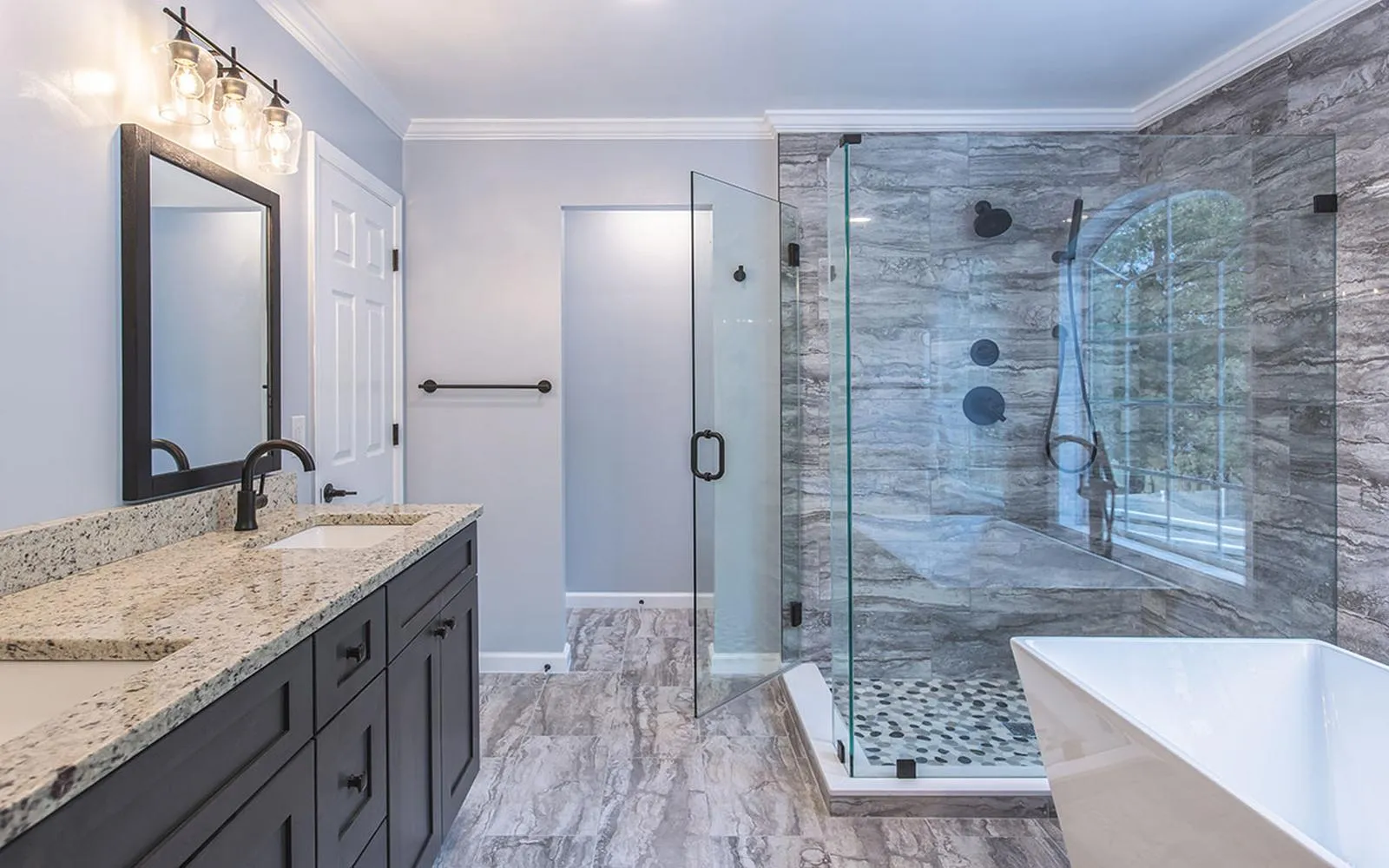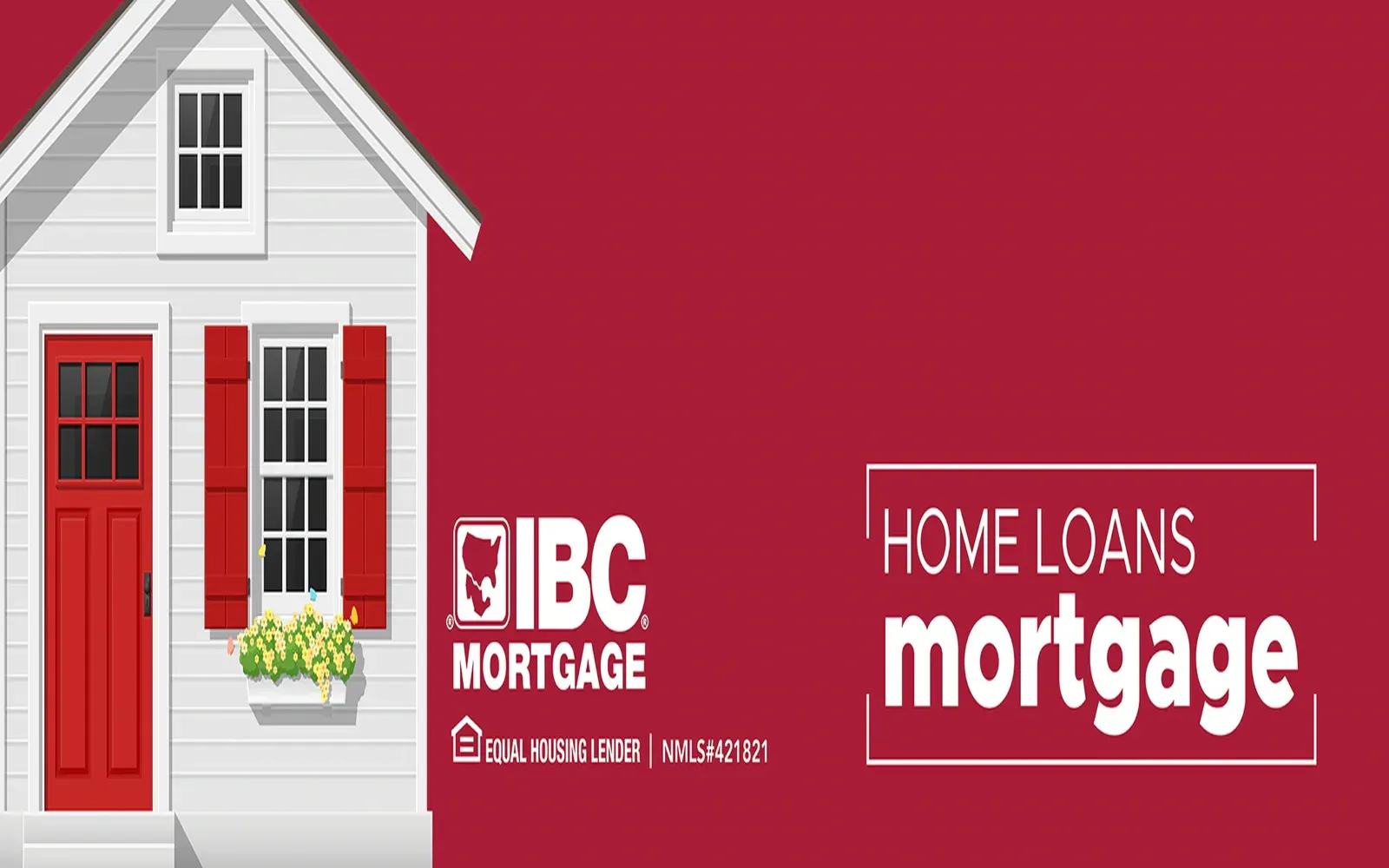When it comes to improving your home, securing a home renovation loan can be a crucial step. However, getting approved for this type of financing can sometimes feel overwhelming. Here are some smart tips to increase your chances of securing the funds you need for your next home project.
Understand Your Credit Score
Your credit score is one of the most important factors that lenders consider when approving a home renovation loan. Generally, a score of 620 or higher is preferred, but some lenders may accept lower scores with compensating factors. Before applying, check your credit report for errors and make sure to pay down any outstanding debts. The better your credit score, the more favorable loan terms you can expect.
Calculate Your Budget
Before seeking a loan, it is essential to have a clear understanding of your renovation budget. Estimate the costs for materials, labor, and any unexpected expenses that may arise. Having a well-defined budget shows lenders that you are serious and responsible with your finances.
Research Different Loan Options
There are various types of home renovation loans available, including personal loans, home equity loans, and government-backed loans like the FHA 203(k) program. Each option has its pros and cons, so research them thoroughly to find the one that best suits your needs. For instance, a home equity loan may offer lower interest rates compared to personal loans, but it risks your home as collateral.
Prepare Your Documentation
Having your documentation in order can streamline the loan application process. Typical documents required include:
- Proof of income (pay stubs, tax returns)
- Credit report
- Details of your renovation project (contractor estimates, project timelines)
- Personal identification (driver’s license, Social Security number)
Being organized will not only make the process smoother but also demonstrate your reliability to lenders.
Improve Your Debt-to-Income Ratio
Your debt-to-income ratio (DTI) is a critical factor in determining your ability to repay a loan. A lower DTI indicates that you have more disposable income to cover your new loan payments. Aim for a DTI of 36% or lower. You can improve this ratio by paying off existing debts or increasing your income through side jobs or other means before applying for a loan.
Consider the Right Loan Amount
When applying for a home renovation loan, it’s important to request an amount that accurately reflects your needs. Overestimating can lead to unnecessary interest payments, while underestimating may leave you short on funds. Carefully evaluate your project costs and apply for an appropriate amount to maintain a healthy financial balance.
Choose the Right Lender
Not all lenders offer the same terms for home renovation loans. Take the time to shop around for the best interest rates and terms. Look for reputable lenders with positive customer reviews, and don’t hesitate to ask for recommendations from friends or family. A good lender will also provide you with a clear understanding of the loan process and any associated fees.
Chart: Comparison of Home Renovation Loan Types
| Loan Type | Interest Rate | Loan Term | Pros | Cons |
|---|---|---|---|---|
| Personal Loan | 8% - 12% | 1 - 5 years | No collateral required | Higher interest rates |
| Home Equity Loan | 3% - 7% | 5 - 30 years | Lower rates, tax-deductible | Home equity required |
| FHA 203(k) | 3.5% - 5% | 15 - 30 years | Low down payment | Strict approval process |
Be Prepared for the Unexpected
Home renovations can often uncover hidden issues, such as plumbing or electrical problems. Be prepared for these unexpected costs by having a contingency fund. This not only helps with your renovation but also shows lenders that you are financially responsible and prepared for any surprises that may arise during the project.
Communicate with Your Lender
Once you’ve selected a lender and submitted your application, maintain open lines of communication. If you have questions or need clarification about the loan process, reach out to your lender. Being proactive can help alleviate any concerns and may even improve your chances of approval.
By following these smart tips, you can improve your chances of getting approved for a home renovation loan and make your home improvement dreams a reality. Good luck with your project!









